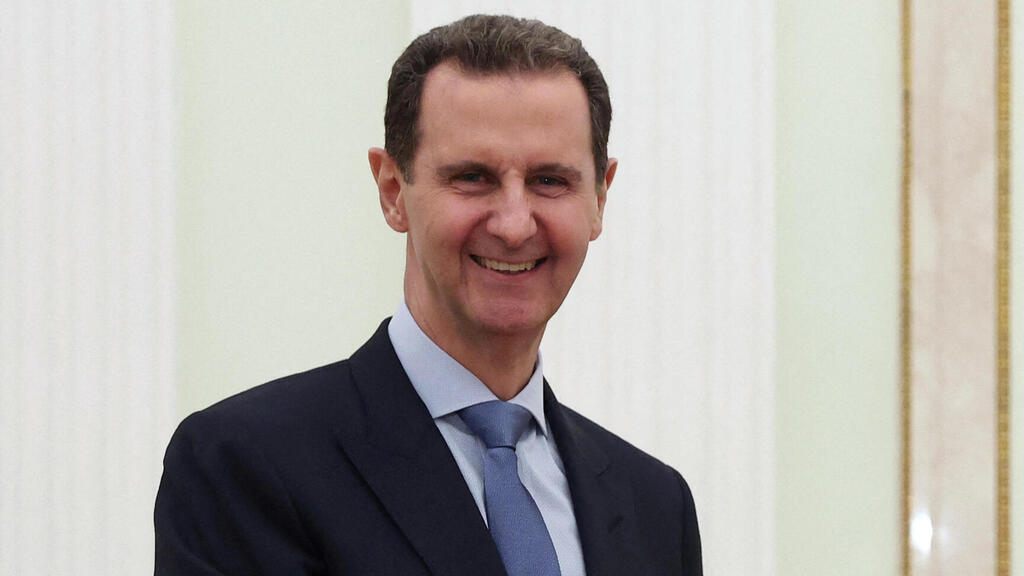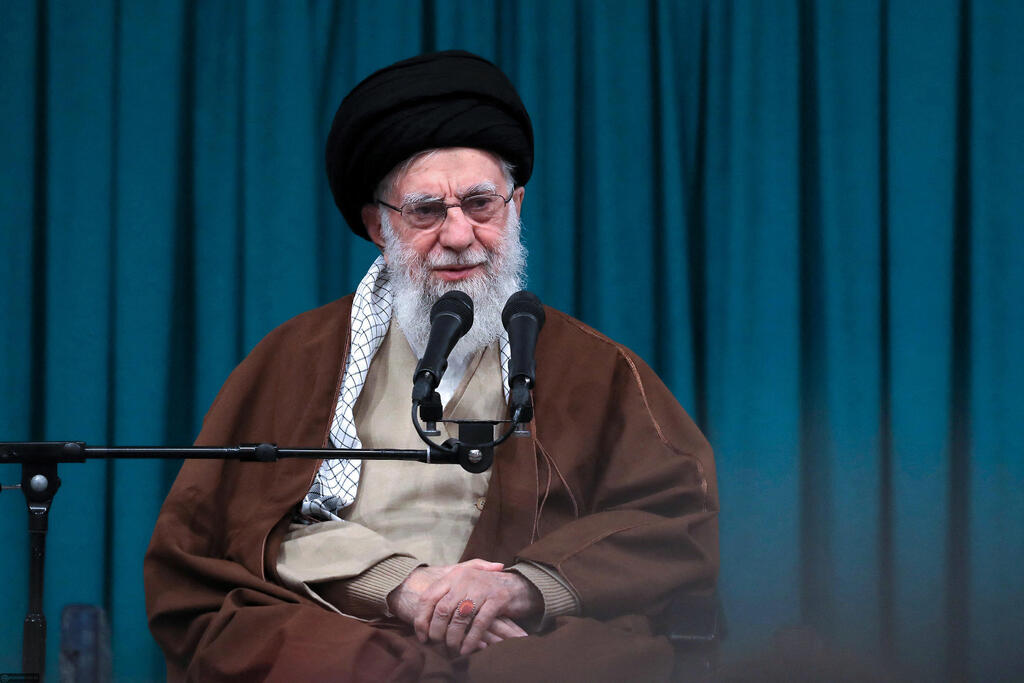A senior Iranian military official overseeing operations in Syria has publicly acknowledged Iran was "defeated very badly" in the war-torn country, marking a stark departure from Tehran's previous narrative of strategic resilience.
“I don’t consider losing Syria something to be proud of,” said Brig. Gen. Behrouz Esbati according to an audio recording of remarks delivered the remarks during a speech at a Tehran mosque, which was later disseminated through Iranian media. “We were defeated, and defeated very badly, we took a very big blow and it’s been very difficult.”
Esbati, who coordinated Iranian military operations in Syria and liaised with both Syrian and Russian officials, described the fall of Damascus as a strategic blow. He further criticized Iran's relationship with ousted Syrian President Bashar Assad, citing strained ties due to Assad's rejection of Tehran’s proposals to allow Iranian-backed militias to open a front against Israel from Syrian territory.
Esbati accused Russia, a key ally of both Iran and Assad, of undermining Iranian efforts. He claimed Russian forces misled Tehran by bombing open fields instead of rebel strongholds and deactivating radar systems when Israeli forces targeted Iranian assets in Syria.
The general also revealed that Iran had presented Assad with "comprehensive military plans" to utilize its forces in Syria for attacks on Israel. However, he noted that Assad's refusal to cooperate contributed to the collapse of his regime. Esbati said that he was on the last Iranian flight out of Damascus the night before the capital fell to rebel forces.
During his speech, Esbati addressed audience questions, including whether Iran plans further retaliation for the assassination of Hezbollah leader Hassan Nasrallah. He confirmed that April and October missile attacks on Israel were part of Iran's response but added that a third strike was unrealistic given current circumstances.
Esbati vowed to mobilize resistance against the new Syrian leadership under Ahmad al-Sharaa, leader of Hayat Tahrir al-Sham.
“We can activate all the networks we have worked with over the years,” he said. “We can activate the social layers that our guys lived among for years; we can be active in social media and we can form resistance cells.”
Get the Ynetnews app on your smartphone: Google Play: https://bit.ly/4eJ37pE | Apple App Store: https://bit.ly/3ZL7iNv
He added, “Now we can operate there as we do in other international arenas, and we have already started.”
However, a senior IRGC official told The Times that these ambitions appear more aspirational than practical.
Esbati attributed the collapse of Assad's regime to corruption, political repression, economic hardship and inadequate public services, including electricity and fuel shortages. He claimed Iran had repeatedly warned Assad to implement reforms, which were ignored.
When questioned about Iran's reluctance to strike U.S. military bases in the Middle East, Esbati cited the risk of significant retaliation from the United States and its allies. He admitted that Iran's simpler missiles are incapable of penetrating advanced U.S. defense systems, limiting Tehran’s ability to escalate.
Despite admitting to severe setbacks, Esbati maintained that Iran and its allies still hold significant influence in the region. He suggested that chaos in Syria could ultimately benefit Iran by creating opportunities for greater leverage.





